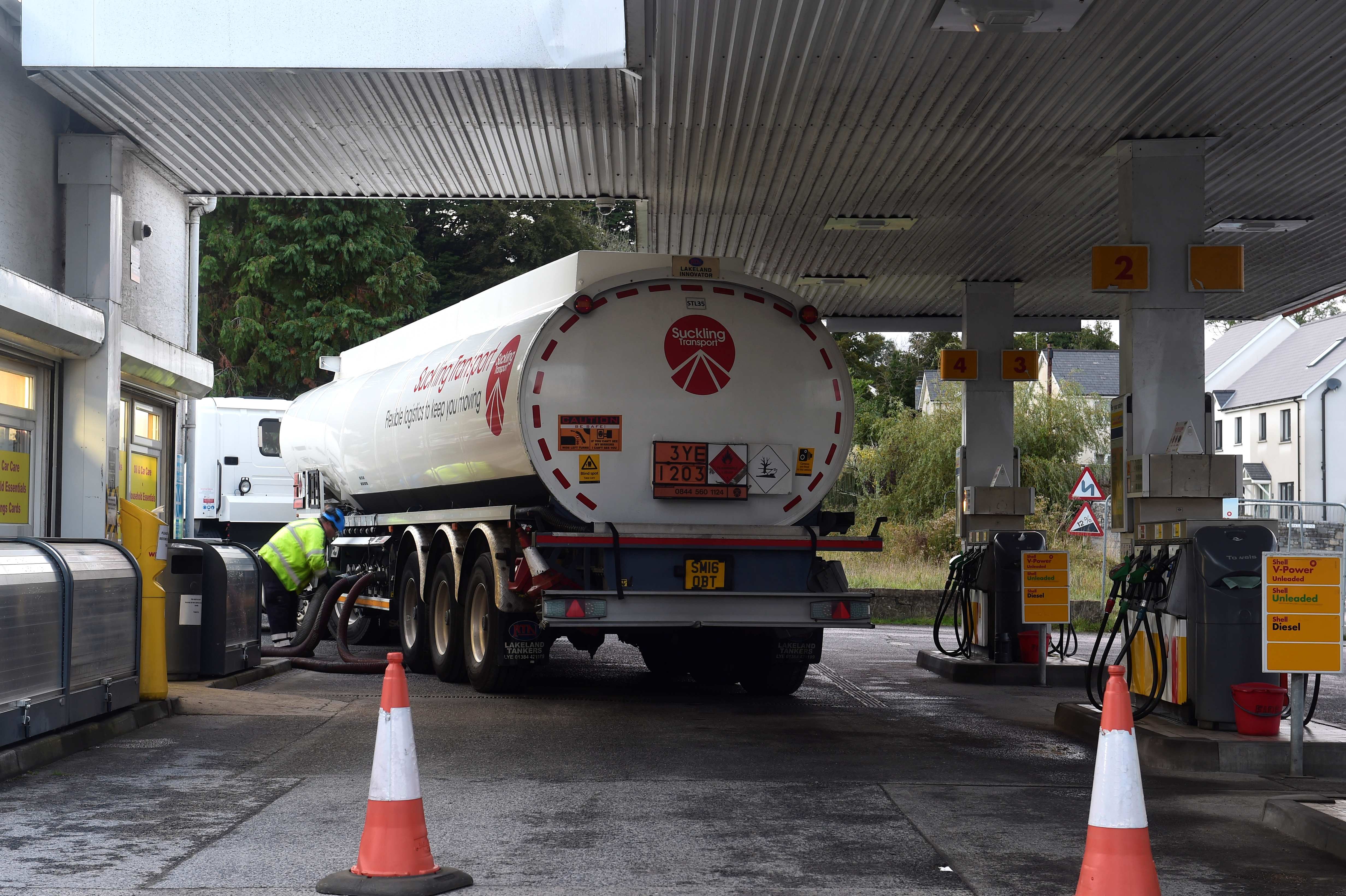By Elias Hazou and Iole Damaskinos
A rise in the cost of electricity is inevitable for Cyprus beginning in early February, due to the country’s reliance on electricity production from diesel, energy expert Charles Ellinas said.
Speaking on CyBC radio on Tuesday morning, Ellinas explained that the EU decision to ban imports of Russian oil products from December 5, will likely result in a shortage of diesel which will significantly drive up its price.
“It is very hard to import diesel from elsewhere,” Ellinas continued, “and diesel supply issues will affect us seriously.”
The cost of non-diesel petrol at the pump will also hit Cypriot drivers as, despite the EU’s recent $60/barrel price cap on Russian oil, the picture will change drastically once China re-enters the economy within the next months, Ellinas said.
Demand from China – the world’s biggest importer and consumer of oil – has been artificially low in recent years, due to its Covid response, Ellinas detailed. Once China’s economy is back in full swing, competition for fuel will drive up prices and it is already starting to do so.
Asked about the prospect of Cyprus having access to natural gas resources by 2023, and the possibility of gaining from the Ukraine war-imposed energy shortages and attendant price increases, Ellinas reiterated past statements that due to market insecurity, caused by the EU’s strategic goal of 40 per cent renewable energy by 2030, big producers are unwilling to risk the 20-year investment required for this to materialise.
The EU may need to revisit its 2030 goal for increased reliance on renewable energy, Ellinas added, since climate change is causing problems for the supply of wind and hydro power, with reduced winds and periods of drought disabling effective use of these technologies.
Hopes pinned on the latest high tech energy solutions to save the day, such as green hydrogen and fusion energy, are misplaced, as these energies will require a long time to perfect, upwards of ten years at their current rate of development, Ellinas said.
Meanwhile in an interview with the Cyprus News Agency, the expert also predicted the EU will likely face shortages in natural gas by next winter, following Monday’s agreement in Brussels to cap the price.
EU energy ministers agreed to trigger a cap if prices exceed €180 per megawatt hour for three days on the Dutch Title Transfer Facility (TTF) gas hub’s front-month contract, which serves as the European benchmark.
The TTF price must also be €35 per megawatt-hour higher than a reference price based on existing liquefied natural gas (LNG) price assessments for three days.
The cap can be triggered starting from February 15, 2023. The deal will be formally approved by countries in writing, after which it can enter into force.
Once triggered, trades would not be permitted on the front-month, three-month and front-year TTF contracts at a price more than €35 per megawatt-hour above the reference LNG price.
This effectively caps the price at which gas can be traded, while allowing the capped level to fluctuate alongside global LNG prices – a system designed to ensure EU countries can still bid at competitive prices for gas in from global markets.
But in Ellinas’ view, this could lead to a dearth in suppliers.
“I don’t think it [the price cap] will be effective,” he added, noting that price ceilings distort the market mechanism.
“European countries, the politicians, felt the need to do something, and they believe they have. But in reality they’ve done nothing.”
The expert explained that the cap applies only in markets served through trading hubs like the TTF, but does not apply to private trades.
Currently contracts negotiated through the TTF go for around €102 per megawatt-hour. Ellinas anticipated prices would gradually rise beyond the €180 cap.
At the moment prices are low because storage facilities in Europe are filled with natural gas. But reserves will start depleting this winter as the weather gets colder and demand rises.
“I expect that prices will climb to over €180 at the end of next year when winter comes around, as storage facilities in Europe will become empty and need refilling, the difference being that next year they won’t have access to large quantities of Russian natural gas, making it harder to fill up with the more expensive gas and thus driving prices up.”
The problem, went on Ellinas, is that should gas prices go beyond €180 then Asian countries – China, Japan, South Korea – will be willing to pay market rates.
“So Europe may end up in a situation where it needs natural gas but won’t find any because of the price cap.”
That’s why EU energy ministers inserted safeguards, such as that the cap will be suspended if the EU faces a gas supply shortage, or if the cap causes a drop in TTF trading, a jump in gas use or a significant increase in gas market participants’ margin calls.







Click here to change your cookie preferences